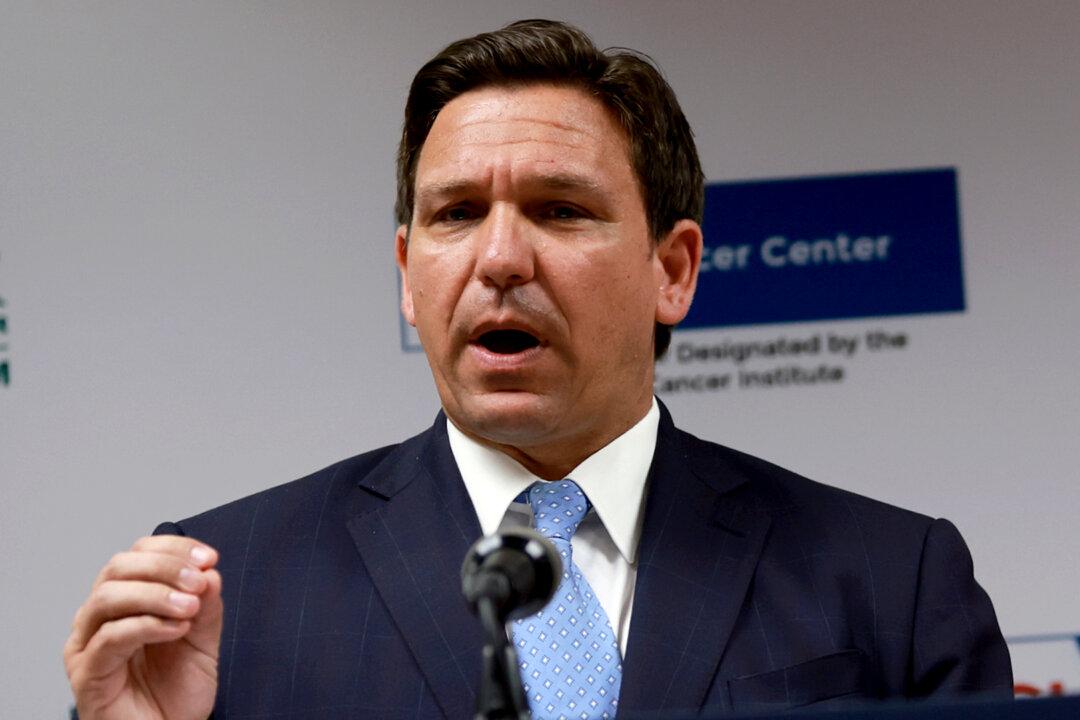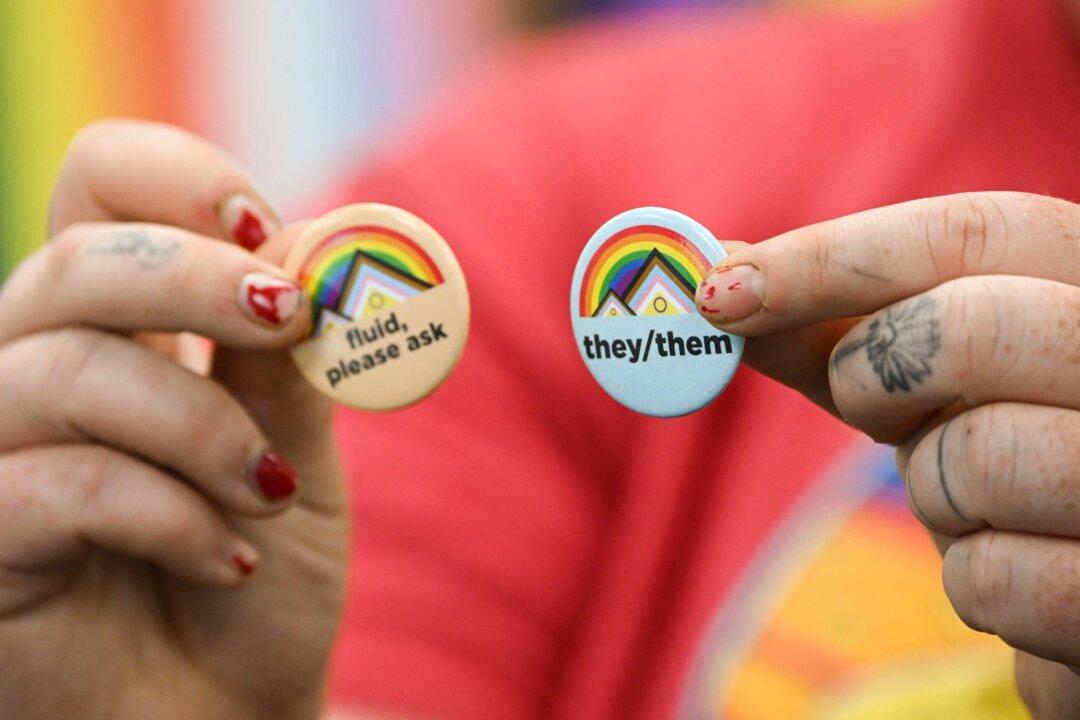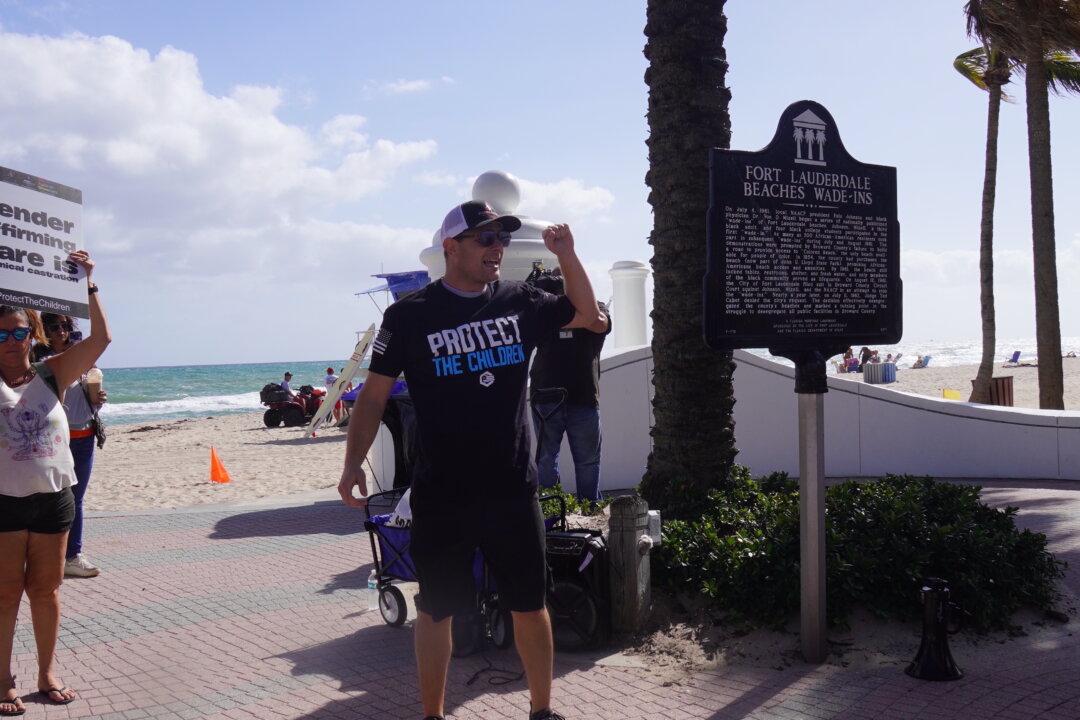PUNTA GORDA, Fla.—A Miami restaurant is in the sights of Gov. Ron DeSantis for holding drag queen shows where children were part of the audience—and the show—but its owners are pushing back against a complaint filed by the state where investigators called the venue a “nuisance.”
They say the controversial drag show will go on in spite of Gov. Ron DeSantis’ criticism.
At the urging of the governor, the Florida Department of Business and Professional Regulation (DBPR) is targeting the liquor license of the R House, which stands accused of exposing children to “sexually explicit” drag queen shows after an investigation conducted by the state.
A spokesman for the restaurant told reporters, “It’s business as usual at R House.”



